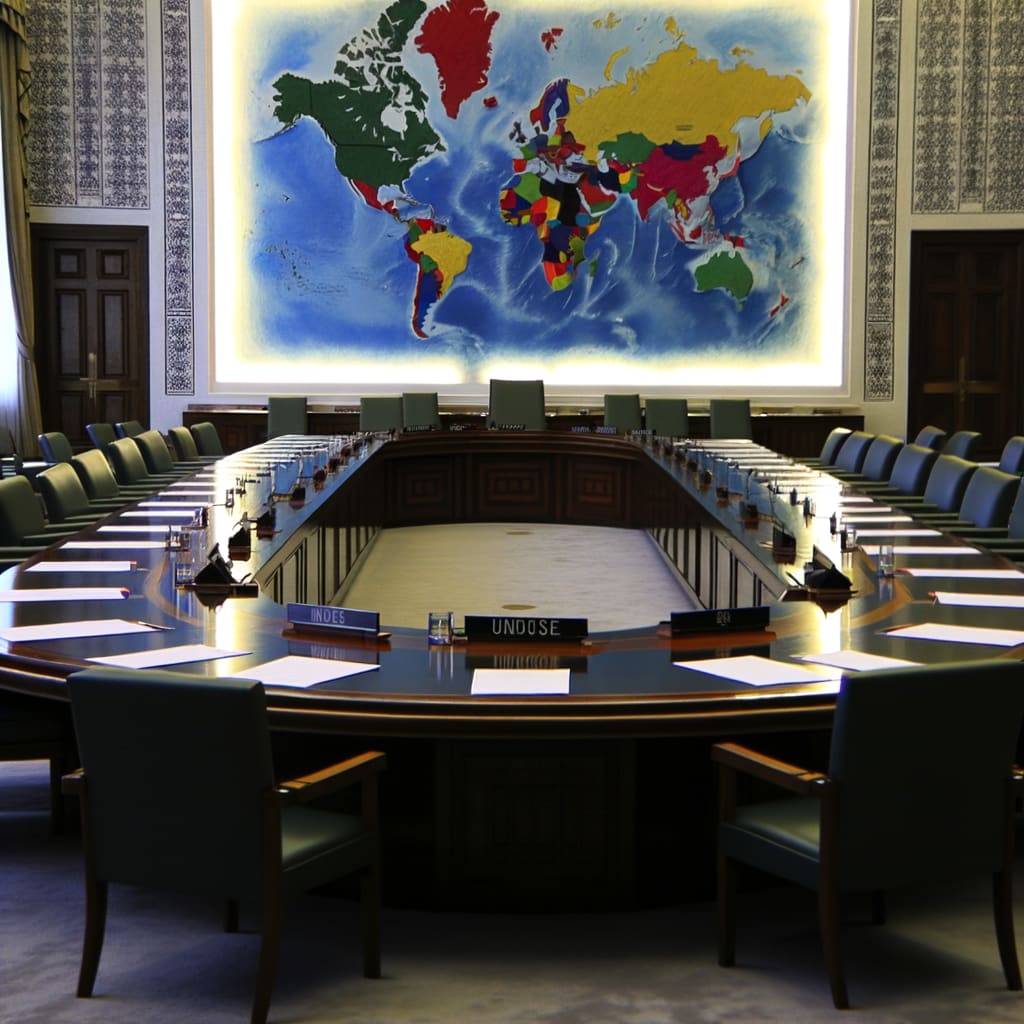North Korea Celebrates 80th Anniversary of Workers' Party with Display of New Long-Range Missile
North Korea marked the 80th anniversary of its ruling Workers' Party with a massive military parade showcasing its new Hwasong-20 intercontinental ballistic missile, described as the most powerful nuclear strategic weapon
by the Democratic People's Republic of Korea (DPRK). The parade, attended by foreign dignitaries and led by North Korean leader Kim Jong Un, underscored the nation's military power amidst calls for denuclearization.
Anniversary Celebrations and Foreign Relations
The anniversary celebrations were marked by a grand ceremony in Pyongyang, where Kim Jong Un vowed to transform North Korea into a 'socialist paradise'. According to Al Jazeera English, Kim claimed that his nation made no mistakes and promised economic growth and a stronger global standing.
The event was attended by foreign leaders, including Chinese Premier Li Qiang, who is on an official trip to North Korea to deepen cooperation between the two countries, reports Folha de S.Paulo. Fox News further adds that former Russian President Dmitry Medvedev and Vietnam's Communist Party chief To Lam were also present.
Display of Military Power
The centerpiece of the parade was the unveiling of the Hwasong-20 intercontinental ballistic missile, described as the most powerful nuclear strategic weapons system
by the state-owned Korean Central News Agency. South China Morning Post reports that the new long-range missile is capable of reaching all of the US. Kim Jong Un, in his speech at the parade, asserted that sovereignty could only be secured through military might.
In addition to the Hwasong-20, the parade displayed various missile systems, tanks, and howitzers, as reported by TASS. According to Japan Times, the North Korean leader also claimed that the U.S.-South Korea nuclear alliance
was conducting various kinds of exercises to execute dangerous scenarios.
Implications of the Display
Deutsche Welle suggests that Kim's strategy of consolidating his power with extensive nuclear and missile armament appears to have paid off, making him stronger than ever. However, the unveiling of the new missile raises concerns about the escalating tensions in the region, especially at a time when North Korea is under pressure to denuclearize.
Kim Jong Un's display of military power seems to send a clear message of North Korea's determination to maintain its nuclear capabilities despite international pressure. The presence of foreign leaders at the parade, especially from China and Russia, could signal a strengthening of North Korea's international alliances.
Conclusion
As North Korea celebrates the 80th anniversary of its ruling Workers' Party, the display of a new long-range missile underscores the nation's commitment to its nuclear program. While promising economic growth and a stronger global standing, the country seems determined to maintain its military might despite calls for denuclearization. The implications of these developments on regional stability and international relations remain to be seen.

